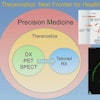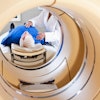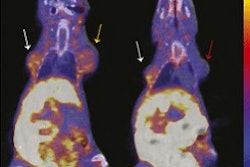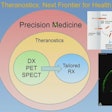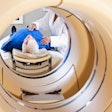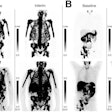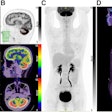Dear AuntMinnie Member,
VIENNA - This week's newsletter finds your AuntMinnie team in Vienna, where the European Congress of Radiology (ECR) has been in full swing -- we're covering the event in our RADCast @ ECR.
As was the case at RSNA 2018, artificial intelligence (AI) has been a major theme at ECR 2019. Specific presentations have addressed computer-aided detection software based on AI, which California researchers found detected more breast cancers, while German researchers used an AI algorithm to provide radiation dose estimates for CT scans.
Other important ECR 2019 presentations have covered whether there is an optimal mammography recall rate, the perils of sharing patient radiological data on social media, and the use of a novel radiopharmaceutical on PET/MRI for prostate cancer detection.
And as always, AuntMinnieEurope.com Editor-in-Chief Philip Ward conducted video interviews with a number of European radiology luminaries, including Dr. Christiane Kuhl; Dr. Regina Beets-Tan; Dr. Mathias Prokop, PhD; and Dr. Nicola Strickland.
You can follow along with all the ECR proceedings in our RADCast @ ECR, or follow our Twitter accounts at @AuntMinnie and @AuntMinnieEuro for even more up-to-date news.
FDA thermography warning
Outside of Europe, our Tuesday article on the warning letter issued by the U.S. Food and Drug Administration about breast thermography generated strong interest.
The letter was in response to a February 13 report on "Good Morning America" that profiled two women who received breast screening at thermography clinics in California. Both women were later diagnosed with cancer, and one of them died.
Also making headlines this past week in women's imaging was an article in JAMA Oncology. Researchers found that screening with digital breast tomosynthesis (DBT) resulted in improved specificity compared with 2D mammography -- while also finding more cancers. The study adds to the growing body of evidence demonstrating the superiority of DBT.
Mobile phones and gamma cameras
Another popular story has been a report on electromagnetic interference generated by mobile phones that disrupted the performance of nuclear medicine gamma cameras. Get the full report in our Molecular Imaging Community.


